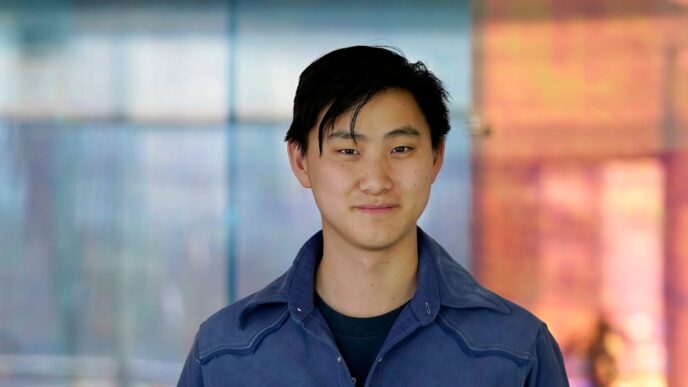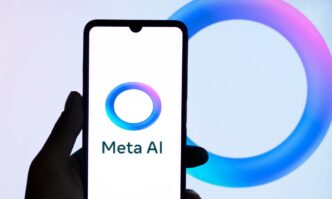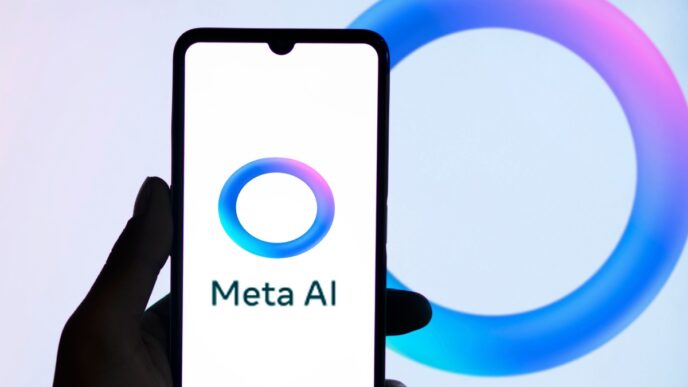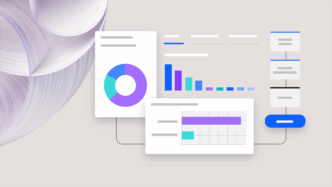Psychologist Elaine Ryan sounds alarm on rising AI anxiety. Her two decades in therapy spot a shift: people aren’t saying “AI anxiety” outright, but their stress is clear. The trigger? AI’s rapid spread into work, health, education, creativity — making folks feel lost and irrelevant.
Ryan hears the questions nonstop: “Where do I fit now?” and “What can I offer that AI can’t?” These hit deep insecurities about worth and belonging. Even Ryan uses AI to handle tasks and decode her medical tests, finding it impressive but also unsettling.
Fear grows from not everyone knowing how to use AI, sparking withdrawal and reduced creativity. It’s not just about jobs — it seeps into life, relationships, and identity.
Ryan’s advice: this is still anxiety. Don’t run from AI. Avoidance feeds fear. Instead, face it in small steps. Understand it. Manage your anxiety the way you’ve handled other fears.
Elaine Ryan said:
> I’m a psychologist. I don’t work with clients one-to-one anymore because I spend most of my days writing, but I still hear from people — past clients and readers.
>
> Over the past year, I’ve noticed a new kind of unease creeping into the conversations I have with people. They don’t come to me saying, “I have AI anxiety.” Just like no one used to say, “I have job anxiety” or “relationship anxiety.” They simply say, “I feel anxious.”
>
> We like to give things names — climate anxiety, AI anxiety — but the emotion itself isn’t new. It’s still anxiety. And when I was practicing one-to-one, I never focused on the trigger. I focused on the process.
>
> How does the anxiety show up? In thoughts, in behaviors, in the body? Are they avoiding? Overthinking? Imagining worst-case scenarios?
>
> The trigger today is the sheer scale of AI. It didn’t arrive quietly. It appeared everywhere — at work, in healthcare, in education, even in creativity. People feel disoriented. They worry not just about losing jobs, but about losing relevance. Some even wonder if they’re losing their sense of identity.
>
> I’ve heard it again and again: “Where do I fit now?” or “What do I have to offer that AI can’t?” It taps into what we call core beliefs in psychology — those quiet, deep-seated fears like, I’m not good enough or I don’t belong. AI has a way of activating those beliefs in a very direct and disorienting way.
>
> And I understand that feeling. I use AI myself — for writing, administrative tasks, and recently, even to interpret my own medical results. I uploaded my lab results, and AI explained them more clearly than my own doctor could. It was impressive, and honestly, a little unsettling.
>
> Even though AI can do so much, not everyone knows how to work with it, and that creates fear. Fear of being left behind, of being replaced, or of becoming invisible. When something non-human appears to outperform us, it can trigger that old, hidden fear that maybe we were never enough to begin with.
>
> This doesn’t just affect people’s careers. It shows up across life —finances, relationships, even spirituality. It creates a subtle withdrawal from the world. People stop creating, stop participating, because something inside them says: Why bother?
>
> So what do I tell people? I tell them this is still anxiety. And anxiety is something we know how to work with. Some people will adapt. Others might withdraw. I think a lot depends on how we talk about AI — whether we treat it as a tool for us, or a force over us.
>
> And most of all: Don’t avoid AI if it scares you. Avoidance is what keeps anxiety alive. Take small steps toward the thing you fear. Understanding reduces fear — of AI, and of anxiety itself.
>
> So if you’re not in therapy, the best thing you can do is watch for avoidance. Name the thought. Ask yourself, What’s going on in my head? What’s happening in my body? What do I do next? And if you notice you’re avoiding it — if you stop reading, stop learning, and pull back — try instead to move toward it, slowly.
>
> AI may be new, but the human response to uncertainty is not. The goal isn’t to compete with the machine. It’s to reclaim the human part— the experience, the depth, the emotional intelligence — that still matters more than we think.












